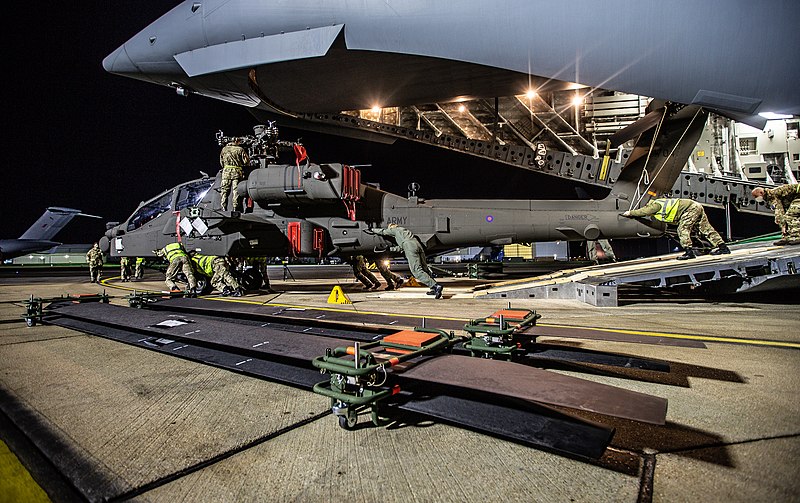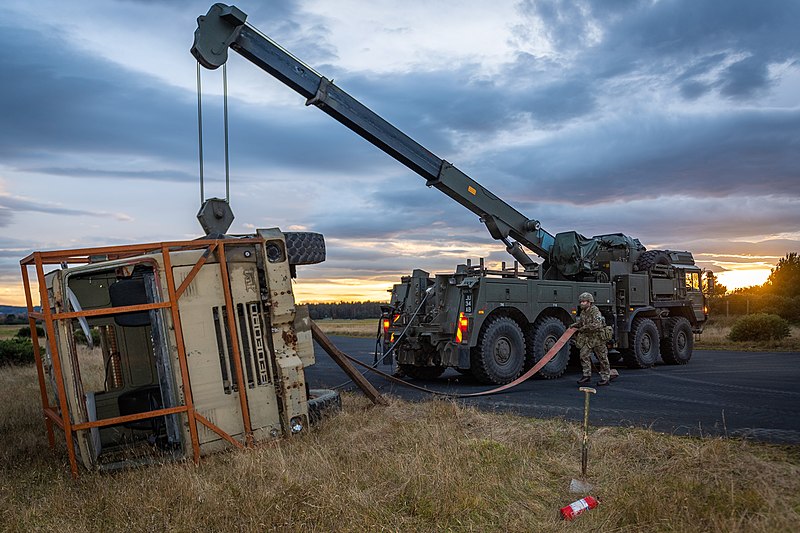One thing that often surprises people is the range of opportunities for career development in the British Army. It’s not just about soldiering. There are clear pathways to build a career, gain qualifications, and move into specialist roles. During my time in the Army, I saw firsthand how much support is available for soldiers looking to advance, develop new skills, or even transition to civilian roles. Whether you’re a new recruit or an experienced soldier, the Army provides a structured route for growth.
Why Career Development in the British Army Matters
The British Army has always valued skills and leadership. Career development in the British Army is more than just training for specific tasks. When I first joined, I didn’t fully realise the many options available. I thought my role would remain fixed, but I quickly learned there were countless ways to upskill and specialize.
The Army doesn’t just want soldiers who can follow orders. It wants people who can lead, problem-solve, and bring fresh expertise. That’s why career development is a priority. From day one, soldiers are encouraged to think about their goals. The Army then provides the tools to help them achieve those goals. Whether through educational programs, leadership courses, or specialist training, there’s something for everyone.

Educational Programs: Building Skills Beyond the Battlefield
One of the best aspects of career development in the British Army is the range of educational programs. It’s not just about learning military tactics. There are opportunities to earn qualifications recognised outside of the military. No matter where you’re stationed, you can always find courses to develop your skills.
The Army Education Centre offers everything from basic literacy to more advanced qualifications. For soldiers aiming to specialize, there’s formal training in areas like engineering, communications, intelligence, and logistics. Many of these qualifications are recognised by civilian institutions. This means the skills you learn in the Army are easily transferable to civilian jobs.

The Army actively encourages soldiers to take advantage of these educational programs. If you’re proactive, you can leave with qualifications that set you up for life. Whether you choose to stay in the Army or move into civilian work, these skills are invaluable.
Specialization: From Soldier to Expert
For those who want to dive deeper into a specific field, career development in the British Army allows you to specialize. Moving from a general soldier role to a specialist requires additional training, but the Army provides clear pathways.
Take the Royal Signals, for example. If you have an interest in technology or communications, the Army offers advanced training to help you become an expert. The same goes for roles in the Intelligence Corps. Here, soldiers receive training in areas like data analysis, linguistics, and reconnaissance.

These specialist roles come with more responsibility and the chance to work in unique areas. When I transitioned into a specialist role, it was one of the most rewarding parts of my career. It gave me the chance to develop skills I wouldn’t have gained otherwise.
Leadership Development: Preparing for the Next Step
Leadership is another major focus of career development in the British Army. No matter your role, the Army looks to develop future leaders. If you show potential, you’re offered leadership courses to help you prepare for higher responsibility.
I’ve seen soldiers join as new recruits and quickly move into leadership roles. The Army Leadership Development Programme is one example of how the Army helps soldiers develop skills in decision-making, team leadership, and problem-solving.
The leadership training in the Army is also highly valued outside of military life. Soldiers who transition to civilian roles often find these skills help them move into management positions. Employers know that Army-trained leaders are capable and reliable.

Transitioning to Civilian Life: Preparing for the Future
A key aspect of career development in the British Army is preparing soldiers for life after service. The Army knows not everyone will serve for life, so they offer programs to help soldiers transition smoothly into civilian careers.
I met many soldiers who successfully made this transition, thanks to the qualifications and experience they gained in the Army. Whether it’s project management, logistics, or engineering, the skills developed in the Army give soldiers a strong foundation for civilian work.
The Career Transition Partnership (CTP) is a great resource for soldiers leaving the Army. It provides career workshops, one-on-one counselling, and help with job placement. The Army doesn’t just prepare you for the battlefield. It also ensures you’re ready for life after service.
Conclusion: A World of Opportunities for Career Development in the British Army
In conclusion, career development in the British Army is a central part of military life. It’s not just a bonus—it’s embedded into the structure of Army service. From education programs to specialist training, leadership courses, and civilian transition support, the Army offers its soldiers many opportunities to build a successful career.
Looking back, I can see how these opportunities shaped my career. They taught me new skills, helped me grow as a leader, and prepared me for life beyond the Army. Whether you’re just joining or are already serving, the British Army provides more opportunities for career growth than most realise. All it takes is the initiative to seize them.


